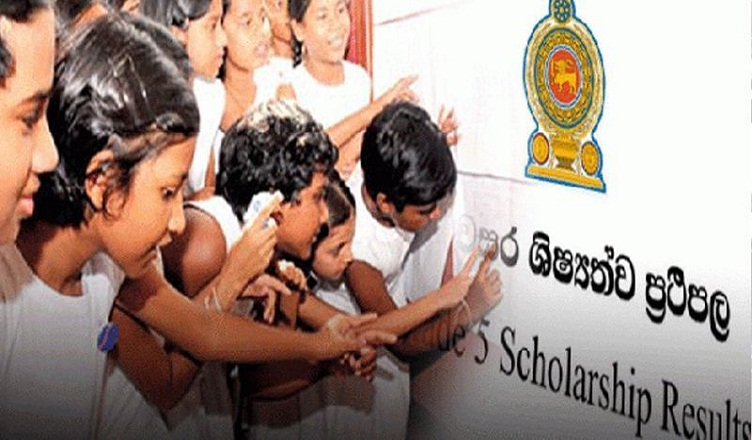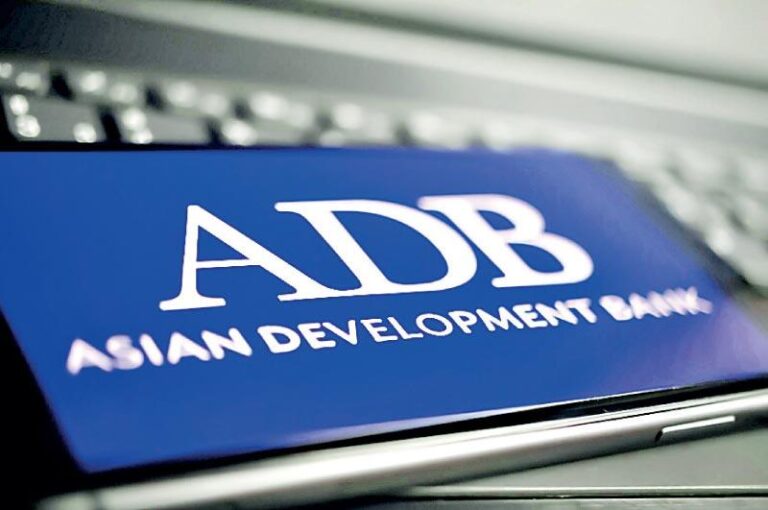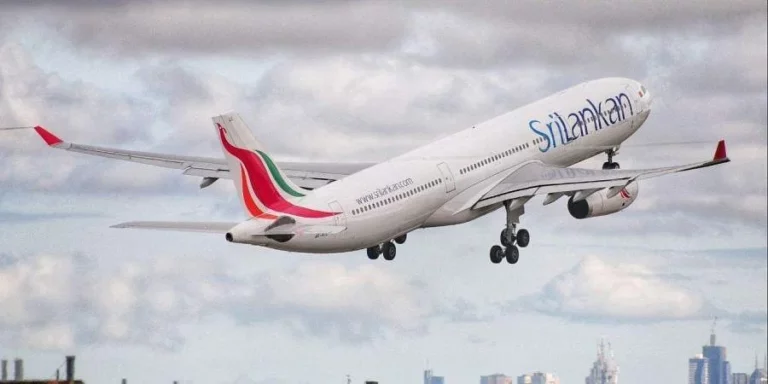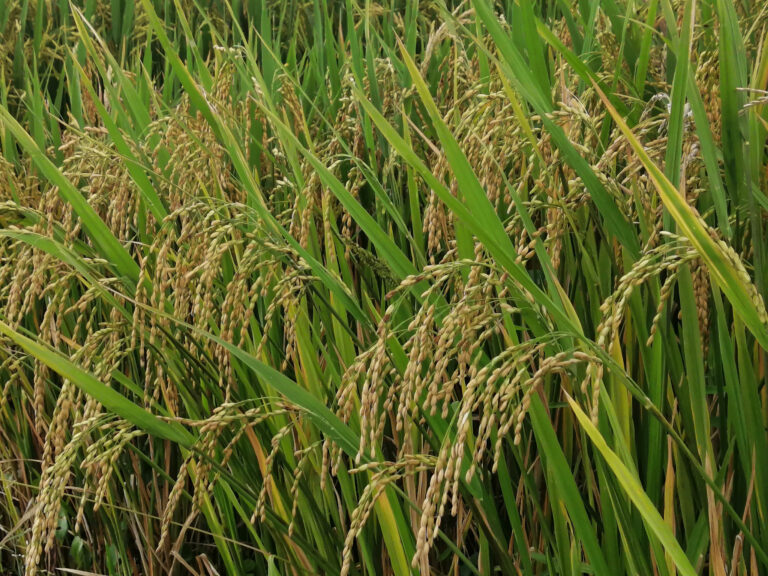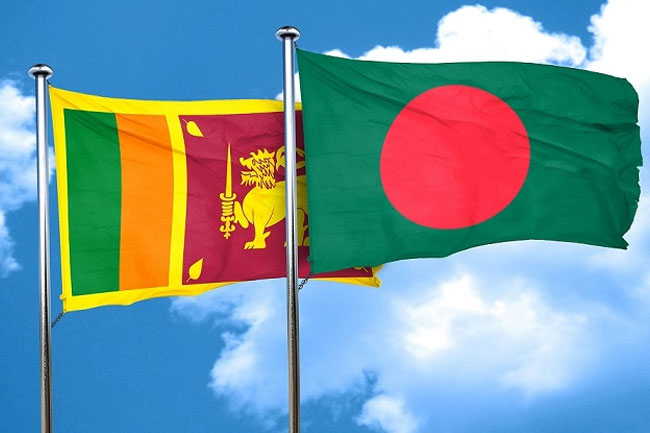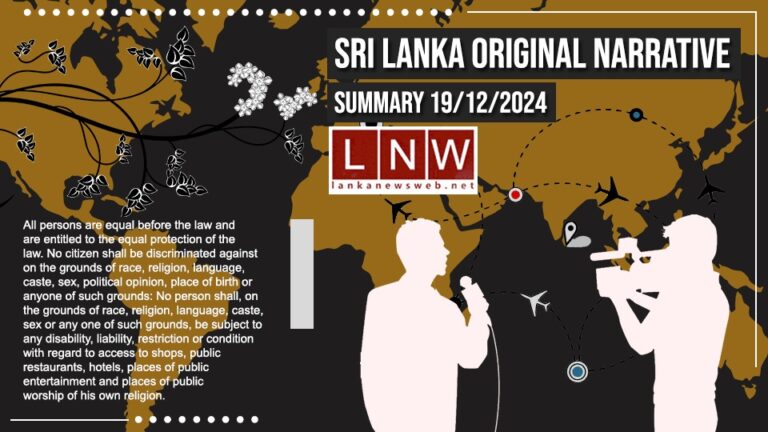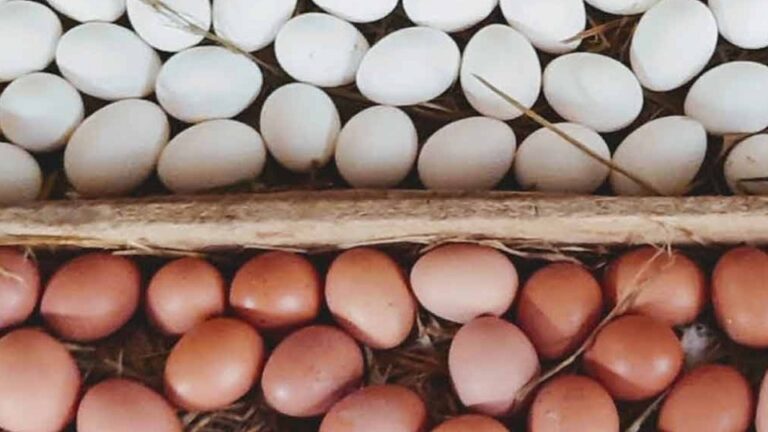angThe Sri Lankan government is eager to strengthen trade relations with Bangladesh, aiming to unlock significant untapped potential between the two nations. High Commissioner of Sri Lanka to Bangladesh, Dharmapala Weerakkody, recently met with Anwar Hossain, Vice Chairman and CEO of the Export Promotion Bureau of Bangladesh (EPB), to discuss enhancing economic cooperation.
High Commissioner Weerakkody outlined the current status of trade ties, emphasizing Sri Lanka’s thriving apparel and textile sector, which contributed 32% of the country’s total export earnings in 2023.
He noted that prominent Sri Lankan garment companies such as MAS, Brandix, Hirdaramani, and Univogue operate in Bangladesh, with many Sri Lankan professionals contributing to the Bangladeshi apparel industry. Weerakkody also invited Bangladeshi textile firms to invest in Sri Lanka’s BOI-developed Textile Zone in Eravur.
Anwar Hossain acknowledged Sri Lanka’s significant role in advancing Bangladesh’s apparel and textile industries. He highlighted the growing demand for Sri Lankan coconut-based products, such as coconut oil and spices, in the Bangladeshi market. Hossain also proposed collaboration in tourism and healthcare, while expressing interest in participating in trade fairs in Sri Lanka next year.
The meeting reaffirmed the active implementation of a 2017 Memorandum of Understanding (MoU) between the Chittagong BGMEA Institute of Fashion and Technology and the Sri Lanka Institute of Textile and Apparel.
Both parties also explored expanding the 2011 MoU between the EPB and Sri Lanka Export Development Board. Additionally, they discussed organizing single-country product exhibitions to promote trade.
The dialogue underscores a shared commitment to strengthening economic ties, fostering mutual growth in apparel, textiles, tourism, healthcare, and trade.
Sri Lanka and Bangladesh have a friendly relationship and are working to increase trade and cooperation in several areas:
Trade
In 2023, Sri Lanka’s exports to Bangladesh were valued at $173.87 million, and imports from Bangladesh were valued at $66.63 million. Sri Lanka’s main exports to Bangladesh include audio alarms, refined petroleum, and light rubberized knitted fabric.
Cooperation
The two countries have agreed to sign a shipping agreement and have a joint working group to increase trade. They also have a memorandum of understanding (MoU) between the Chittagong BGMEA Institute of Fashion and Technology and the Sri Lanka Institute of Textile and Apparel.
Loans
In 2021, Bangladesh provided Sri Lanka with a loan of at least $200 million from its foreign exchange reserves. Sri Lanka paid back $50 million of the loan in August 2023.
Employment
Many Sri Lankans work in Bangladesh in the garment, banking, freight forwarding, information technology, telecommunication manufacturing, logistics, education, and health sectors.
Potential
The two countries have the potential to cooperate in tourism and healthcare. The leaders of the two countries meet at international events to discuss issues of mutual interest.
Sri Lankan Paddy Farming transforms in a Climate-Resilient Revolution
For centuries, rice cultivation has been at the heart of Sri Lankan agriculture, covering over a million hectares annually and accounting for 37% of the country’s land use.
However, climate change has intensified the challenges of managing water resources, particularly for water-intensive paddy farming.
The Climate Resilient Integrated Water Management Project (CRIWMP), supported by the Green Climate Fund and implemented by the Sri Lankan government with the UNDP, is addressing this issue through an innovative technique known as Alternate Wetting and Drying (AWD).
A Blend of Tradition and Innovation
Traditionally, Sri Lankan paddy fields relied on continuous flooding, requiring approximately 2,500 liters of water to produce 1 kilogram of rice. This method placed immense pressure on water resources, especially during droughts.
AWD, a sustainable alternative, has reduced water usage by up to 27% while increasing cropping intensity from 1.2 to 2.1. This enables farmers to cultivate more frequently, enhancing harvests, income, and food security.
Empowering Farmers through Knowledge
The success of AWD lies in its integration of technology and farmer empowerment. CRIWMP collaborates with farming communities to provide training, tools, and climate advisory services to implement AWD effectively.
Farmers use simple tools like buried water pipes to monitor water levels and irrigate only when necessary, conserving water and optimizing irrigation schedules with agro-meteorological advisories.
Technological Innovations in Water Management
The AWD method has been further strengthened by advanced technologies such as the Sensor Light System and the Water Level Arrow Marking System. The solar-powered Sensor Light System alerts farmers to irrigate when water levels are critically low, while the Water Level Arrow Marking System visually indicates water levels, reducing the need for field inspections. These innovations have empowered farmers like Wasantha, who now consider themselves “smart” farmers, to confidently manage water resources.
A Sustainable Shift in Paddy Cultivation
CRIWMP’s Climate Smart Agriculture Coordinator, Dr. Geethika Wijesundara, describes AWD as a transformative step for sustainable water management. By adopting AWD, farmers can cultivate paddy using just 2.9 to 3 acre-feet of water, freeing up resources to grow other field crops during a third season. This diversification boosts yields, income, and food security.
Environmental and Climate Benefits
Beyond improving water efficiency and productivity, AWD has significantly reduced methane emissions—a key contributor to global warming. In fields using AWD, methane emissions have decreased by 40%, from 570 mg/ha to 325 mg/ha. Nationwide adoption of AWD could reduce Sri Lanka’s methane emissions by 245,000 tons annually.
A Vision for the Future
Looking ahead, CRIWMP plans to conduct soil drainage mapping in two irrigation systems to optimize crop planning for the Yala season. This approach ensures paddy cultivation aligns with water availability while promoting high-value crops to enhance smallholder resilience and profitability.
Sri Lanka’s journey towards climate-resilient agriculture demonstrates the power of blending traditional farming practices with modern innovations. Through AWD and other water management advancements, Sri Lankan farmers are not only growing rice but also cultivating hope, sustainability, and resilience for future generations.

